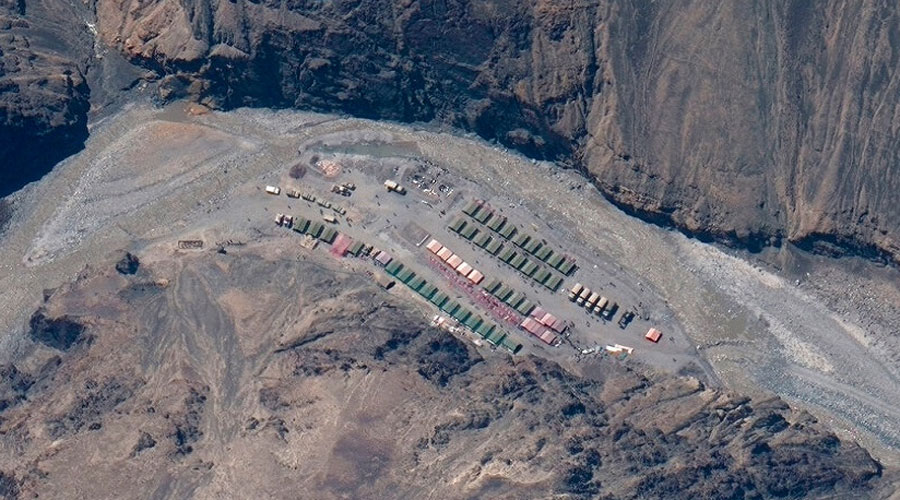A commission created by the US Congress has found evidence suggesting the Chinese had planned the Galwan clashes, potentially factoring in the fatalities.
“Several weeks prior to the clash, defence minister Wei (Fenghe) made his statement encouraging Beijing to ‘use fighting to promote stability’,” the US-China Economic Review Commission has said in its annual report.
“Just over two weeks before the incident, in another potential indication of Chinese leaders signalling their intent to escalate tensions, an editorial in China’s state-owned tabloid Global Times warned that India would suffer a ‘devastating blow’ to its trade and economic ties with China if it got ‘involved in the US-China rivalry’.
“Satellite images depicted a large Chinese build-up in the Galwan Valley, including potentially 1,000 PLA soldiers, the week before the deadly skirmish.”
Twenty Indian soldiers died in hand-to-hand fighting during the June 15 clash in the Galwan Valley of eastern Ladakh, while the Chinese casualties are unknown.
The US report mentions all that is in the public domain on what has transpired along the Line of Actual Control since the Galwan clash.
The US report also makes particular note of an Indian special forces soldier of Tibetan origin dying along the Line of Actual Control, reportedly from a landmine blast.
“In an unusual move, India allowed the soldier’s funeral to be publicised and dispatched a high-ranking official from India’s ruling party to attend,” it says.
The Special Frontier Force was raised in 1962 with Tibetan refugees for covert operations behind Chinese lines. This was the first time an SFF soldier got a public funeral in what was seen as a signal from India to the Chinese.
The commission noted that China’s increasingly assertive behaviour had accelerated cohesion among the countries participating in the Quadrilateral Security Dialogue or the “Quad” — that is, the US, Japan, India and Australia.
“Between March and May, these countries held weekly vice-ministerial-level meetings and one ministerial-level meeting to coordinate on containing Covid-19, restore their economies, and communicate shared strategic interests,” the report says.
“Notably, for the first time the grouping also took on an expanded format, known as the ‘Quad Plus’, which saw Brazil, Israel, New Zealand, South Korea and Vietnam participating in various group discussions.”










